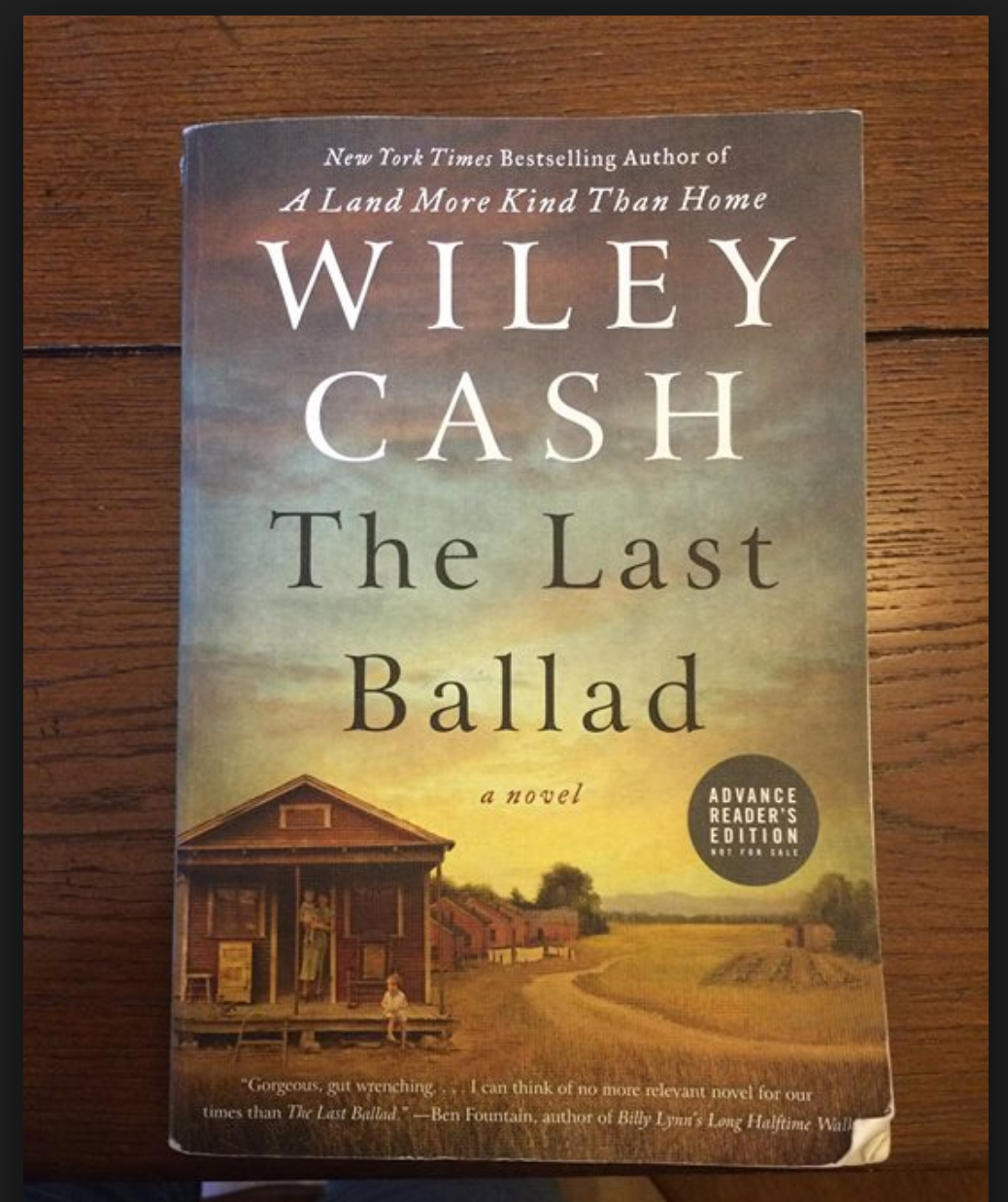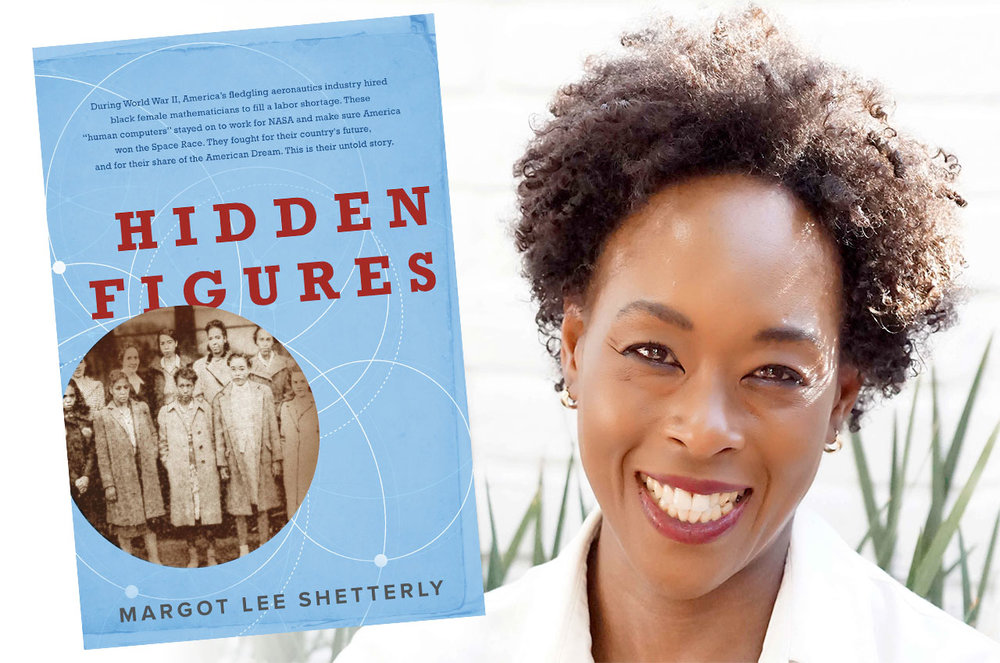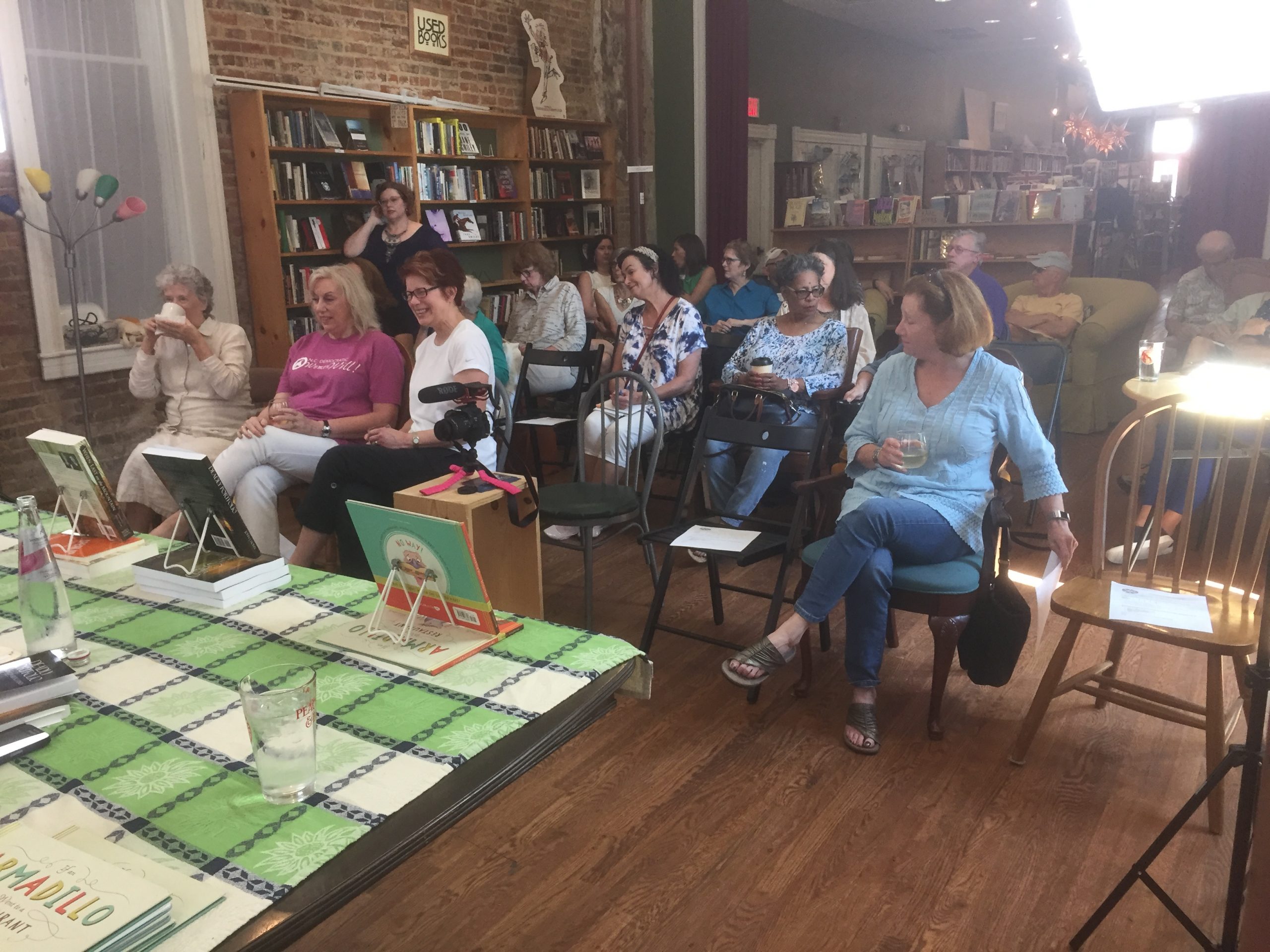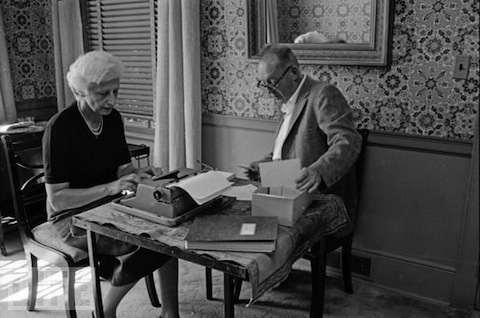by Mary Coyne Wessling
GREENSBORO, NC – Greensboro Bound: A Literary Festival is on track to welcome more than seventy writers, poets, and spoken word artists for its inaugural 3-day national book festival, May 18-20, 2018.
During this gathering of diverse voices and ideas, writers of fiction, nonfiction, and poetry will take part in discussions, book signings, readings, and more.
Headliners include the following writers.
Nikki Giovanni is one of America’s preeminent poets, Ms. Giovanni is also a nonfiction writer, activist, and professor, and a frequent guest speaker on college campuses and literary festivals. Among her many honors are the NAACP Image Award, the Rosa Parks Woman of Courage Award, and the Langston Hughes Medal for Outstanding Poetry. She will give the festival’s concluding keynote lecture on Sunday, May 20.
Lee Smith was the author most requested by the readers surveyed by festival coordinators. Smith’s most recent work Dimestore: A Writer’s Life, offers thoughts on place, memory, and writing. Lee, who resides in Hillsborough, NC, published her first novel 45 years ago and since then has published more than a dozen books and won numerous literary awards.
John T. Edge is the author of The Potlikker Papers, a personal history of Southern food. He is director of the Southern Foodways Alliance, an institute of the Center for the Study of Southern Culture at the University of Mississippi. He contributes to the Oxford American and the New York Times, and has written for Garden & Gun and Afar.
Kevin Powers’s debut novel, The Yellow Birds, drew on his experiences in the Iraq War. Chosen by New York Times Critics as one of the best novels of 2012, it has become a classic contemporary war fiction. His new novel, Shout in the Ruins, starts in the Civil War and spans more than 100 years.
Carmen Maria Machado’s debut short story collection, Her Body and Other Parties, was a finalist for the National Book Award and the PEN/Robert W. Bingham Prize for Debut Fiction, and the winner of the Bard Fiction Prize and the National Book Critics Circle’s John Leonard Prize. She is a fiction writer, critic, and essayist. Her stories have been reprinted in Best American Science Fiction & Fantasy, Best Horror of the Year, and Best Women’s Erotica.
John Duberstein and Lucy Kalanithi gained recognition in the literary world when their respective spouses’ memoirs were published to great acclaim. When Breath Becomes Air, Paul Kalanithi’s memoir of facing lung cancer before dying at age 37, came out in 2016. The Bright Hour, Nina Riggs’s memoir of living with breast cancer was published soon after she died, at age 39, in 2017. Duberstein and Kalanithi, who are now a couple and whose love story was recently told in the Washington Post, will appear in conversation.
Other nationally recognized writers slated to attend are author Daniel Wallace, author and political commentator Jared Yates Sexton, reporter and author Beth Macy, Iranian-American poet and scholar Kaveh Akbar, and fiction writer Leesa Cross-Smith.
The festival line up also includes Katie Button, author and chef; Joan Nathan, cookbook author; Stacy McAnulty, children’s author; novelist Michael Parker; former North Carolina Poet Laureate Fred Chappell; journalist Hal Crowther; John Claude Bemis, North Carolina Piedmont Laureate for Children’s Literature; Naima Coster, novelist; and poet Gabrielle Calvocoressi.
Mary Coyne Wessling is a free lance writer and editor and member of the Greensboro Bound marketing and public relations committee.







